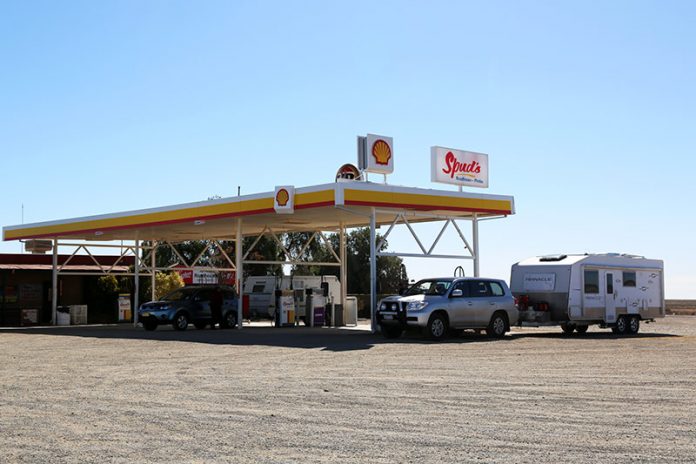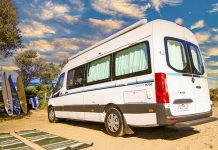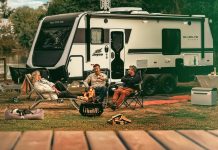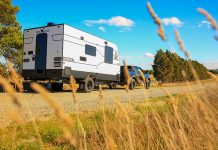A road trip is undoubtedly one of the best ways to see the country. However, it comes with certain costs involved, the biggest almost always being the fuel needed to get from A to Z and everywhere in between. How much of an expense will depend on several things, such as the size of your vehicle, how far you’re going and what kind of terrain you’ll travel on.
The best way to work out how much you’re going to be spending on your road trip is to do some planning. That doesn’t mean that you can’t still enjoy a spontaneous trip with fun detours and unexpected stops. It just means that you can budget effectively and ensure you have the funds you need.
INITIAL CALCULATIONS
In your planning, start with an evaluation of your RV. Get your average fuel consumption, the general price of the fuel and general distance you’ll be driving. If you know you are going to hit specific destinations, you can work out the distance you will drive to give you an idea of the costs.

You can also use this calculation to keep you within your budget. This way, you can decide how to accommodate different detours if they crop up while on your adventure.
One way to calculate the average fuel consumption of your caravan and tow vehicle combination is to fill your fuel tank right to the top and, before leaving the bowser, re-set the vehicle’s mileage counter.
At your next fuel stop – preferably after having driven for a few hundred kilometres – make a note of how many litres of fuel are required to re-fill the tank and of how many kilometres you have driven. Multiply the litres used by 100, and divide the answer by the kilometres travelled. This will give you the litres of fuel consumed per 100km travelled.
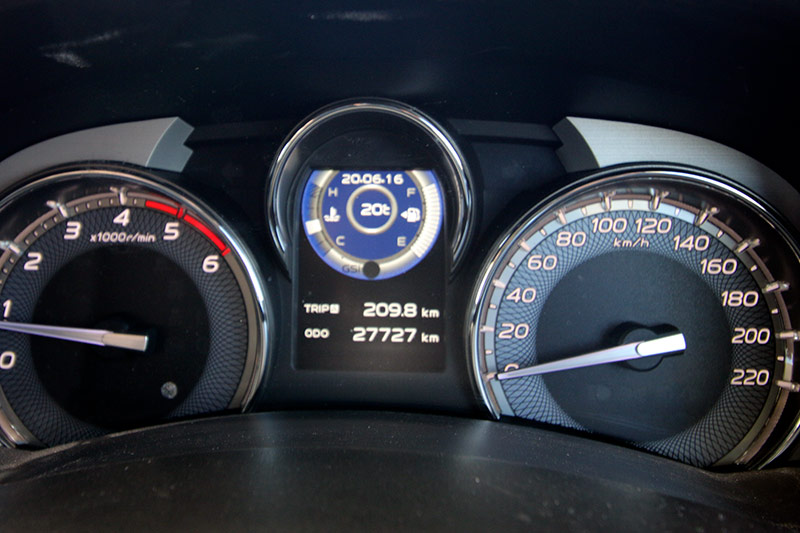
Do this a few times, after towing your van in a variety of weather and road/traffic conditions, and you’ll have a pretty good idea of the fuel-efficiency of your towing combination.
GET YOUR RV IN TOP SHAPE
An important way to get your fuel budget down is to get your RV operating at maximum efficiency. This is also an important safety consideration because your vehicle will be much better looked after and far less likely to break down or give out on you while on the road. Before you hit the road, make sure you pay special attention to anything that can impact fuel consumption.
The most important area to look at is your engine and ensuring that it works properly. Then, check the oil to ensure the levels are adequate and that the oil is clean. Finally, small details, such as tyre pressure and any preventable drag from the cabin, should be monitored. These can all reduce performance enough to make sure you don’t get as far as you should on each tank of fuel.
FUEL STATION RESEARCH
The price of petrol and diesel is not the same at every station. It’s a lot cheaper to fill up away from city centres than it is in any metropolis.
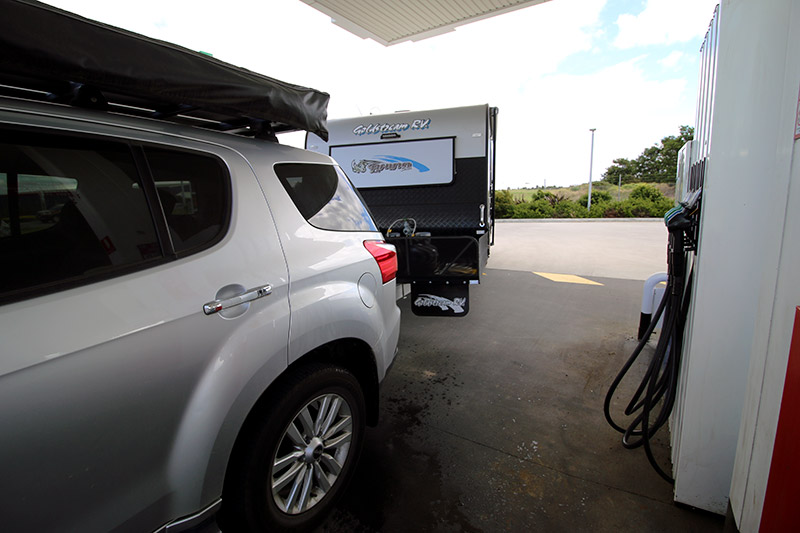 Your best bet will be to plan your fill-ups when you are out in the smaller towns along your route. However, it’s essential that you know where those stations are and how far it is between them. It would be a disaster to run out of fuel before you get to your next stop, or to arrive at a small town and find that they have no suitable fuel for you. Always plan to have a back-up station for filling up.
Your best bet will be to plan your fill-ups when you are out in the smaller towns along your route. However, it’s essential that you know where those stations are and how far it is between them. It would be a disaster to run out of fuel before you get to your next stop, or to arrive at a small town and find that they have no suitable fuel for you. Always plan to have a back-up station for filling up.
Another factor to look at in the planning phase is whether or not you can get any rewards or discounts at a particular station or garage brand. Plenty of stations offer loyalty programs or you can get discount vouchers through retailers like Coles and Woolworths. These will help you spend less on your overall fuel budget. Depending on the discount you get, it might be worth driving a little out of your way to fill up.
DRIVE YOUR UTMOST BEST
The way you drive will also have a major impact on the fuel-efficiency of your RV. Hard braking and fast accelerating can impact your fuel consumption negatively, as can sitting in heavy traffic. Wherever possible, it’s best to avoid rush hour when arriving or leaving a new city. You should also do some reading on the optimal speeds for your vehicle.
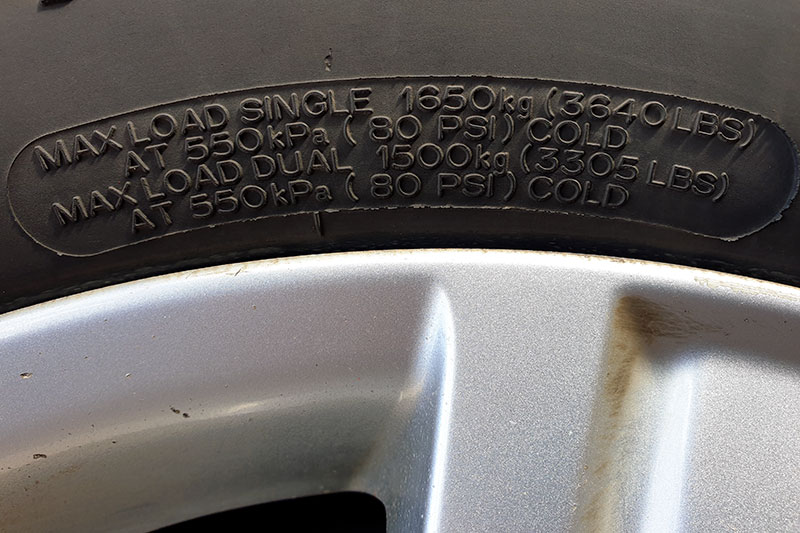
Another consideration is to use a GPS. This will help you stay on course and avoid excess driving around, wasting valuable fuel. Of course, getting a little lost is half the fun of a road trip, but try not to let it interfere with your fuel budget.
KEEP YOUR CALCULATIONS GOING
Once all the planning is done and you’ve ensured that your RV is up to the task, it’s time to hit the road. A lot can happen during a road trip – you can get lost on purpose or accidentally, you can have unforeseen stops, you may need to take a detour. These can hurt your fuel budget and have you scratching your head as to whether or not the price is worth it.
That’s why it’s important to keep on calculating how much you’ve spent and how much you might still spend as you go. To keep you on track, it’s a great idea to use accounting software to keep a rolling record of expenses and projected expenses. With features like a mileage tracker that automatically keeps a record of how far you’ve driven, it isn’t just a useful feature for tax purposes, it’s great for serious road trippers too. With a few clicks of the mouse, you’ll know exactly how your fuel budget is shaping up.
DON’T LET FUEL STOP YOU
Fuel is always going to be one of the biggest concerns when hitting the road. It’s also almost impossible to predict exactly how much you’ll need to cover your entire trip. There are just too many variables.
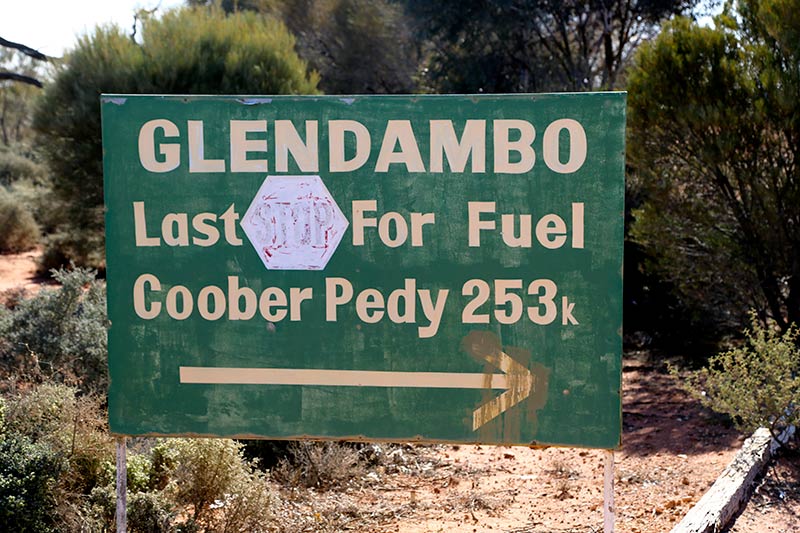
All you can do is work out a likely target and keep an eye on things to ensure that you stay close to that figure. This will help you with your budget and your pre-trip planning. The rest, as they say, is left to chance. And that’s all part of the adventure!


